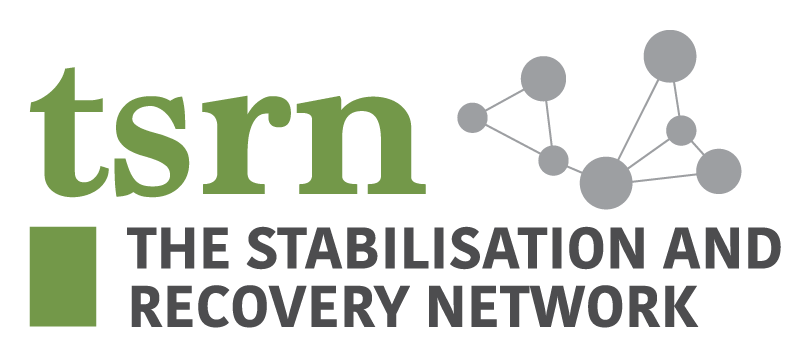Afghanistan Fellowship Project
The future of Afghanistan ultimately depends on its people. While there is a role for the international community in supporting them, only the people of Afghanistan can build an effective state and develop an infrastructure of reconciliation and reconstruction. For the last decade The Stabilisation and Recovery Network (TSRN) has been developing Fellowship methodologies for deployment in states in transition from or affected by conflict. In 2019 it launched a new project to work with a team of Afghan leaders and international experts to develop an Afghanistan Fellowship programme. The programme is aimed at enabling younger Afghan professionals from government, civil society, the media and the private sector, to achieve their objectives over a three-year Fellowship.
Our guiding principles are the promotion and protection of human rights and the rule of law and a commitment to fighting corruption through the advancement of good governance and public service. Initial consultations with stakeholders in Afghanistan have identified three potential areas of development for the initial pilot Fellowship offerings:
Making Change Happen – building capacity in project management and delivery
Evidence Based Policy Making – building capacity in data processing and information analysis
Cyber Security – building capacity in critical information infrastructure defence
Previous Fellowships delivered by the TSRN team include:
- UK Cabinet Office: GCC Counter Extremism Fellowship programme, March 2016-2018
- United Nations Fund for Population, Peace Building Network for Youth Instructors, 2018-2019
- UK Foreign Office/PGI Cyber Capacity Building fund, Cyber Policy Makers Network, in MENA region, 2015-2017 and in Africa 2017-2019
- UK Foreign Office/John Smith Trust Arab Partnership Programme: Rule of Law Fellowship programmes for Bahrain, Jordan, Lebanon, Iraq and Oman, February 2011 to March 2013
- Ministry of Justice/John Smith Trust Fellowship Programme: leadership network in Armenia, Azerbaijan, Georgia, Kyrgyzstan, Moldova, Russia, Turkmenistan and Ukraine, 2008 to 2014
- UNAMI Office of Political Affairs, National Reconciliation, JAL and de-Baathification process, workshops for Iraqi Parliamentarians, December 2015
The key elements of these Fellowships are that the Fellows themselves define their learning agendas. It is the projects that they need to deliver that shape the content of the ten-day residential programme at the heart of the experience. This is an intensive period of focus on locally defined problems. It is not about transplanting pre-conceived and packaged “best” practice solutions to the context of Afghanistan. It is also learning that is based on practical application and based on experiential engagement: learning by doing. These collective elements mean that much of the learning is from the Fellow’s peers on the programme. The individual focus is on their implementation plan. This is the way in which they will use their learning in the resolution of the problem or challenge they face. Their task will be to produce an action plan that contains clear and achievable benchmarks and they will be mentored to achieve these benchmarks over an extended period. This means that mentorship and feedback is given immediately and on an ongoing basis. This is not just a single off the peg training programme. Fellows benefit from the intense scrutiny of the delivery team who are experts in their fields. They also learn from external experts in fields relevant to the challenges they face. On their return the Fellows have a responsibility to cascade their learning to other young leaders. As more cohorts join the alumni network expands and gradually becomes a self-sustaining community of practice.
T
The Afghanistan Fellowship is being developed by the UK NGO TSRN and a special board of experts on and from Afghanistan. A full project proposal is being developed with Afghan partners for a set of highly focussed implementation pilots to prove the concept and refine the methodology to this context. In this phase of the project we are designing a training needs assessment and recruitment strategy. For this we are looking to build a network of donors and sponsors who are interesting in assisting in the delivery of the programme at its inception phase with a view to providing longer term support.
